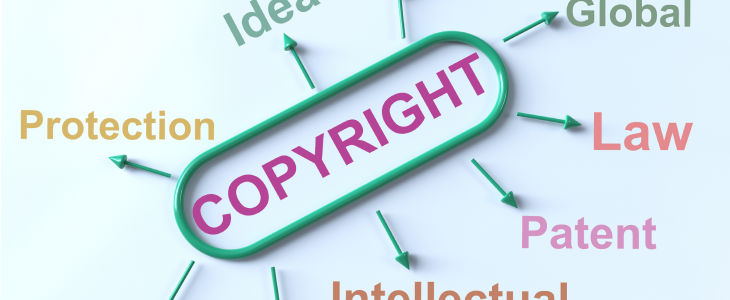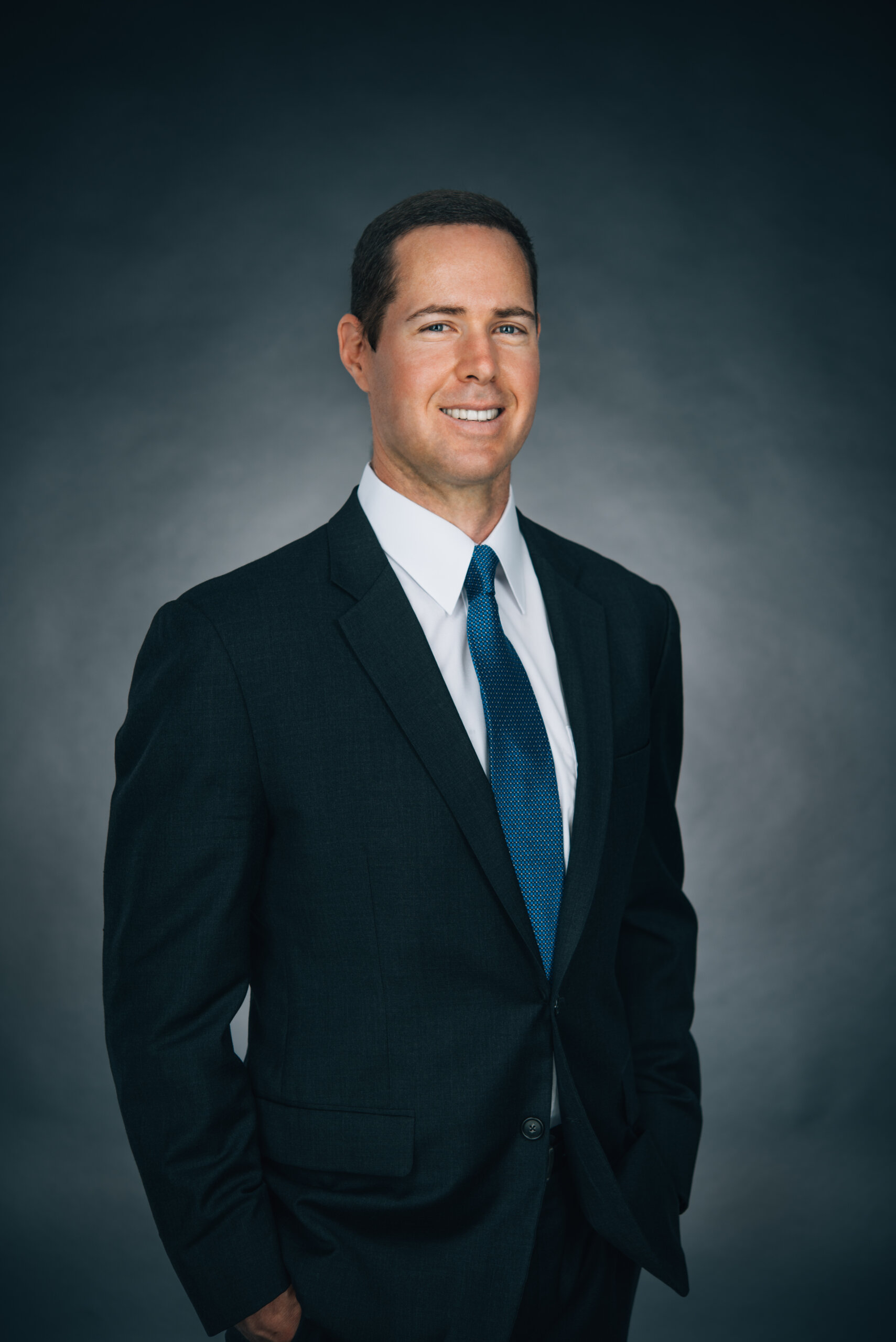Copyrights and trademarks are two of the most fundamental intellectual property rights, and those who own these rights understand the financial and reputational value they possess. However, not everyone knows what it means to actually infringe upon one’s copyright or trademark. Whether you are the owner of an intellectual property right or you have questions about conduct that may violate another party’s rights, it is imperative that you have a working understanding of copyright and trademark infringement. The Keleher Appellate Law Group takes a look.
What Is Copyright Infringement?
Copyrights protect original creative works that are fixed in tangible form, including music, movies, art, books, and more. The owner of the copyright has the right to sell, distribute, and make copies of the protected work. The owner also has the right to license the use of the copyrighted material.
It follows, then, that copyright infringement is taking any of these steps – selling, distributing, copying, or licensing a protected work – without the owner’s authorization. This is especially but not necessarily in the context of taking such actions for profitable gain. In other words, and using a movie as an example, one can make numerous copies of a film and either give them away or sell them. Either would be infringement of the owner’s copyright.
However, there are important qualifications to this rule. Two are known as fair use and derivative works:
- Fair use: This legal doctrine allows the unlicensed use of copyright protected material in certain limited contexts such as criticism, comment, news reporting, teaching, scholarship, and research. Whether something is truly fair use or an infringement can be the subject of litigation.
- Derivative works: A derivative work is a new creation that is based on a copyright protected work. To receive copyright protection, a derivative work must add a sufficient amount of change to the original work, otherwise it could be infringing on the owner’s rights.
What Is Trademark Infringement?
A trademark is a word, symbol, logo, slogan, or other expression that is associated with a company’s goods or services. The Nike swoosh and McDonald’s golden arches are two classic examples. By using these images on their products, these companies associate themselves with their goods. This has value for consumers who seek products and services from trusted and reputable businesses.
The point of a trademark is to protect the distinctiveness of one’s brand. Therefore, when someone uses the logo in a deceptive manner or one in which dilutes the uniqueness of the goods or services, there is likely a case of infringement. For example, making counterfeit Louis Vuitton purses and attaching the logo to the product is a violation of Louis Vuitton’s trademark. Another example might be attaching the trademark to something unrelated to the original product. For instance, creating a line of laptops and calling them “Nike Computers” dilutes the Nike brand.
What Happens If A Copyright or Trademark Is Infringed?
When suspected infringement occurs, the holder of the copyright or trademark will generally try to stop misuse by sending the infringing party a cease and desist letter. The letter will often demand compensation since misuse of the copyright or trademark is often done with pecuniary gain. Assuming the infringement stops and the intellectual property owner is fairly compensated, the matter typically ends there.
But this may not be the final word. The allegedly infringing party may push back by contending that the ownership of the copyright or trademark is in dispute, that the alleged infringing activity is protected by fair use or another doctrine, or put forth another defense. In a situation like this, litigation may be necessary. Alternative dispute resolution (ADR) methods such as mediation could resolve the matter.
Retain Our Chicago IP Attorney For Your Infringement Case
If you’ve been accused of violating a copyright or trademark, or you are claiming that someone else is doing so, then it’s time to hire experienced intellectual property counsel. Contact The Keleher Appellate Law Group. We can schedule your confidential consultation today.

